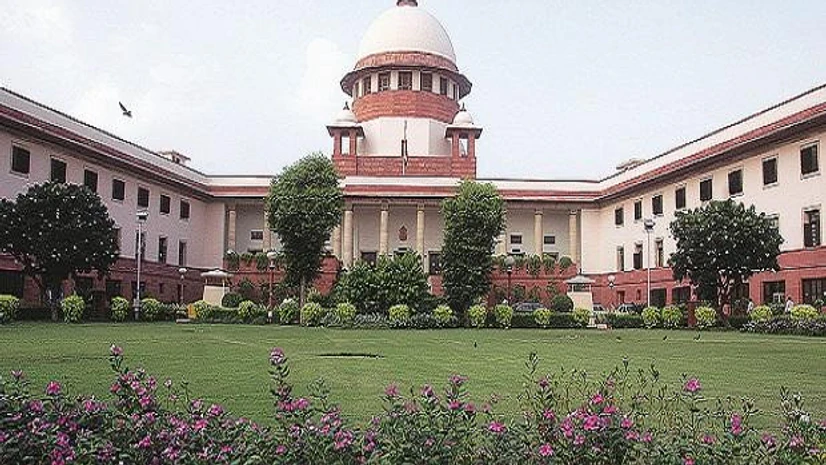The Supreme Court on Monday said the 50 per cent ceiling for reservation - which was fixed in 1992 in Mandal Commission case by a nine-judge bench - is applicable only to the SC/ST and OBC categories and the 10 per cent reservation economically weaker section (EWS) was over and above the limit.
Justices Dinesh Maheshwari, Bela M. Trivedi, and J.B. Pardiwala upheld the validity of the EWS quota. However, Chief Justice U.U. Lalit and Justice S. Ravindra Bhat, held the amendments by creating a different kind of criteria, becomes a gateway for further infractions which, in fact, would result in compartmentalization.
Justice Bhat, who authored the judgment for himself and on behalf of the Chief Justice, said: "The impugned amendments by creating a different kind of criteria, have to be viewed separately and that Indra Sawhney was confined to reservations in Articles 15(4) and 16 (4) is because permitting the breach of the 50 per cent rule as it were through this reasoning, becomes a gateway for further infractions whereby which in fact would result in compartmentalisation; the rule of reservation could dealt well become rule of equality or the right to equality, could then easily be reduced to right to reservation..."
He added that the observations of Dr B.R. Ambedkar have to be kept in mind that the reservations are to be seen temporary and exceptional or else they would "eat up the rule of equality".
Justice Bhat said: "I find that there is no need for a specific finding on the 50 per cent cap, or its breach of the basic structure; however I deem it necessary to sound a note of caution, on the consequence of upholding the reservation, thereby, breaching the 50 per cent limit."
Also Read
He also sounded cautionary note as 69 per cent reservation in Tamil Nadu was pending adjudication and the majority view may seal its fate without hearing the parties concerned.
"The view of the members of this bench constituting the majority - that creation of another class which can be a recipient of up to 10 per cent of the reservation, over and above 50 per cent, which is permitted under Articles 15(4) or 16(4), in my considered opinion, therefore, has a direct bearing on the likely outcome in the challenge in that proceeding. I would therefore sound this cautionary note since this judgment may well seal the fate of the pending litigation - without the benefit of hearing in those proceedings," he said.
On the other hand, Justice Maheshwari said the ceiling limit itself is not inflexible and in any case, and it applies only to the reservations envisaged by Articles 15(4), 15(5) and 16(4) of the Constitution.
He said that the 50 per cent ceiling proposition would obviously be applied only to those reservations which were in place before the amendment in question. "Prescription of ceiling limit of 50 per cent, being apparently for the benefit of general merit candidates, does not provide any justified cause to the candidates standing in the bracket of already available reservation to raise any grievance about extra 10 per cent reservation for the benefit of another section of society in need of affirmative action," he said.
(Only the headline and picture of this report may have been reworked by the Business Standard staff; the rest of the content is auto-generated from a syndicated feed.)

)
